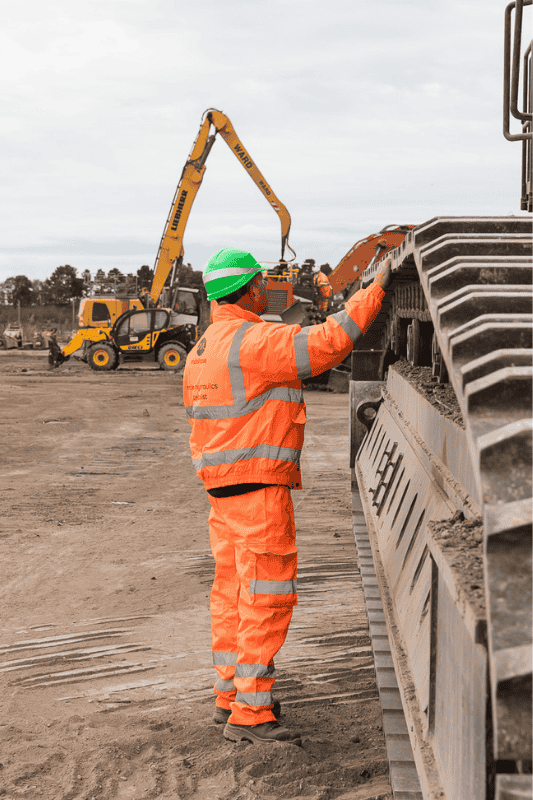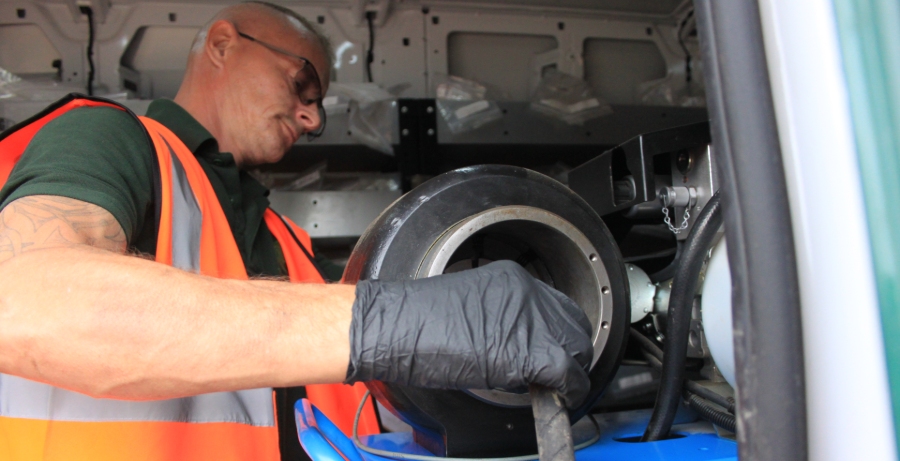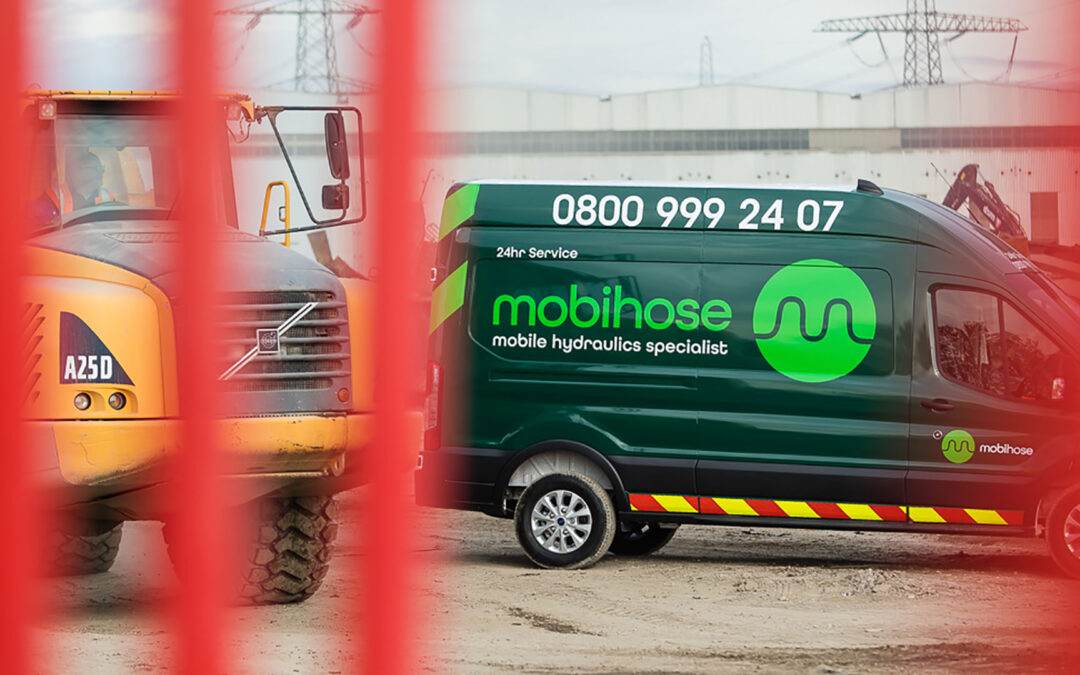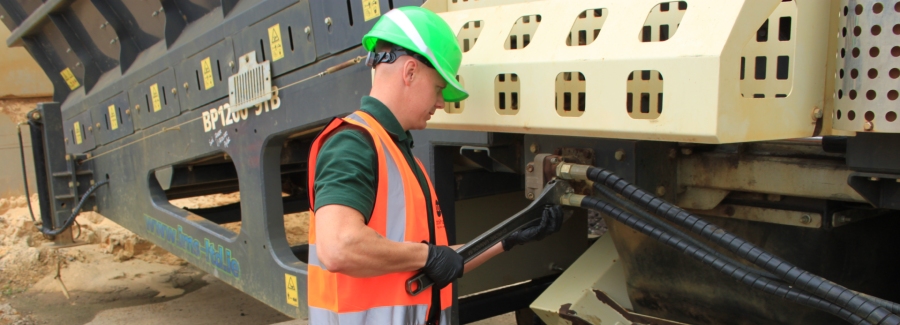How to Spot and Prevent Hydraulic System Failures
By Seb von Teichmeister, owner of Mobihose.
When we visit client sites to service or repair hydraulic systems, one of the most frequent issues we encounter is hydraulic pressure problems – either too high or too low. Too much or too little pressure can cause major headaches, leading to breakdowns, delays, and expensive repairs. So how can you spot hydraulic pressure problems before they stop your operation?
Signs of Hydraulic Pressure Problems in Your System
Slow or Jerky Movements
If your hydraulic machinery is moving sluggishly or in an unsteady, jerky manner, it’s a classic sign of pressure issues. Low hydraulic pressure can make the system struggle with lifting or moving loads, which makes equipment less efficient and potentially dangerous. Regularly checking the pressure settings can help avoid this.
Unusual Noises
If you hear banging, knocking, or loud hissing sounds coming from your hydraulics, it’s time to investigate. Cavitation, caused by air bubbles in the hydraulic fluid, often results from pressure imbalances. Left unchecked, this can lead to major system damage, so it’s essential to address unusual sounds early.

Overheating
When a hydraulic system isn’t running at the correct pressure, the fluid must work harder, causing overheating. This can lead to degraded hydraulic fluid and potential system failure. Monitoring system temperature is key to spotting this issue before it escalates into a more costly repair.
Hydraulic Fluid Leaks
Hydraulic systems are designed to be tightly sealed, so any sign of leaking hydraulic fluid could indicate that the pressure is too high, causing hoses or seals to fail. If you spot a puddle of hydraulic fluid, act quickly before the leak leads to more severe damage in your system.
Loss of Power
If your equipment seems weaker than usual, and it’s struggling to handle its typical load, you likely have a hydraulic pressure problem. This could be caused by a leak, a worn-out pump, or incorrect pressure settings. Addressing these issues early can prevent further damage to your hydraulic system.

How to Prevent Hydraulic Pressure Problems
Regular Fluid Checks
Make it a habit to regularly check your hydraulic fluid levels and ensure there are no leaks or contaminants. Clean hydraulic fluid keeps your system running smoothly, reducing wear and tear, and helps maintain stable hydraulic pressure.
Preventive Maintenance
Don’t wait for a breakdown. Regular preventive maintenance, such as replacing worn seals, inspecting hoses, and monitoring pressure settings, can save you from more expensive repairs. Catching small hydraulic system problems early, prevents them from escalating into major failures.
Monitor System Temperature
Keeping an eye on system temperature is essential. If your hydraulic system is frequently running too hot, it may be due to high pressure, which can cause overheating and reduced system performance. A hydraulic temperature gauge can help you catch temperature-related issues before they affect your machinery.
Don’t Shortcut on Quality
Cheap hydraulic parts might seem like a good way to cut costs, but they can end up causing more trouble than they’re worth. Investing in high-quality hydraulic hoses, seals, and filters will ensure your system can handle the pressure and avoid unnecessary failures. Contact us if you need advice on the best components for your machinery.
Operator Training
Make sure your team is well-trained on how to operate the machinery within its safe hydraulic pressure limits. Overloading equipment can push the system beyond its capacity, leading to pressure problems and potential system failures.
Final Thoughts
Hydraulic pressure problems don’t just affect the performance of your machinery, they can lead to full-blown system failures if not addressed in time. By staying vigilant for the signs of hydraulic issues and prioritising preventive maintenance, you can keep your equipment running smoothly and avoid costly downtime.
If you ever need expert advice or quick hydraulic repairs, Mobihose is just a call away. We’re here to ensure your operations continue running.


